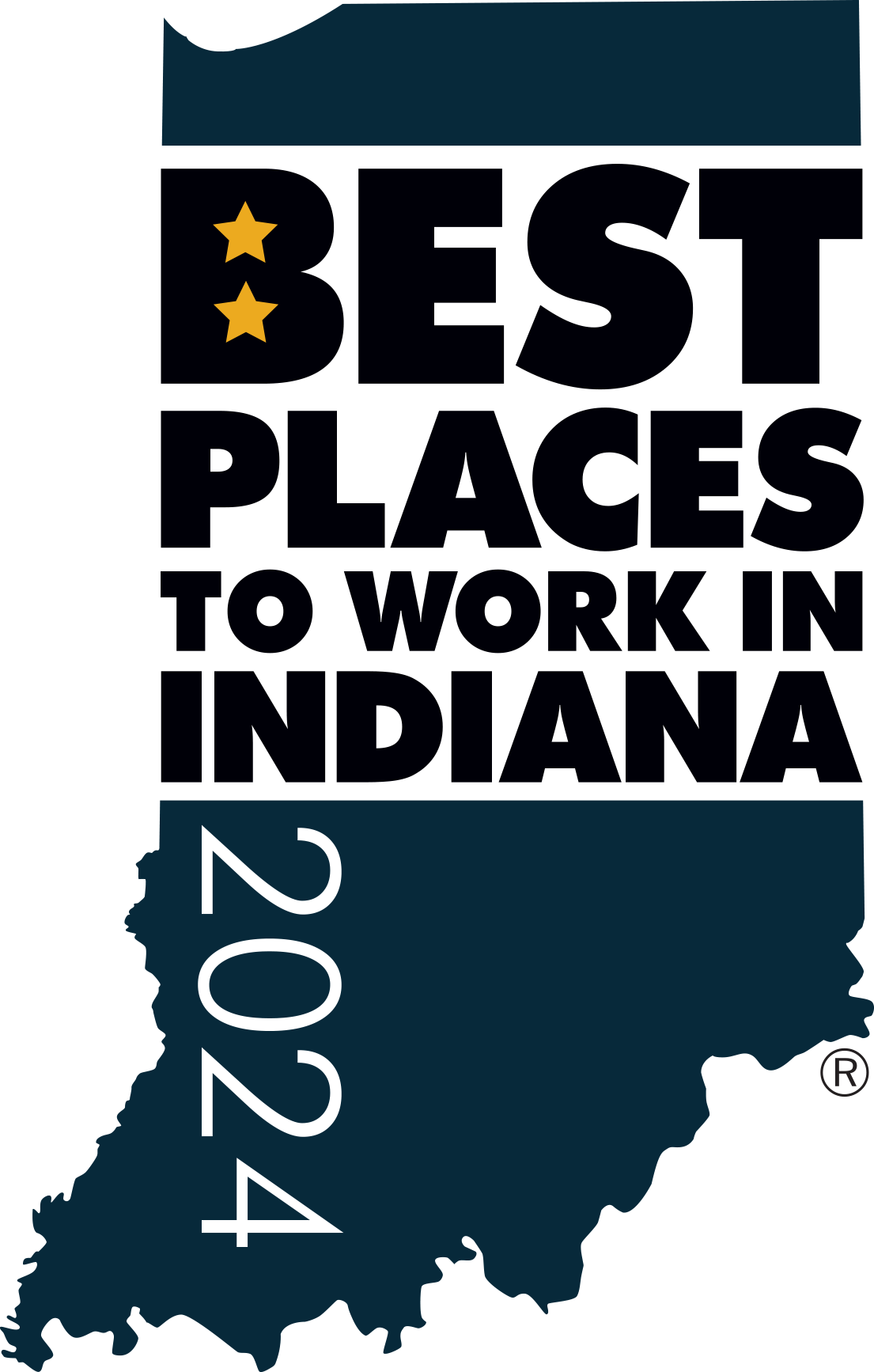The Inefficiency of Traditional Hiring Interviews
When it comes to hiring, traditional interviews have been the linchpin for decades. However, the truth is that this widely accepted practice is not just flawed, but egregiously so. Dubbing it a “joke” might seem harsh, but it’s a fitting description for a process that often fails to identify top talent, acting more as a smokescreen for inequity than a tool for effective recruitment.
The Folly of Conventional Wisdom
Traditional interviews are typically a blend of rehearsed performances and superficial judgments. Candidates, aware of the predictable set of questions, come armed with well-rehearsed answers, turning the interview into a staged act rather than an authentic assessment. Moreover, interviewers, swayed by biases and first impressions, often make decisions that are anything but objective. This approach, while comfortable and familiar, is akin to gambling with a company’s future.
The Mirage of Internal Equity
The concept of internal equity in hiring, where candidates are evaluated based on a standardized set of criteria, is touted as fair and effective. However, in reality, it’s a farce. This approach often overlooks the unique qualities and potential of individuals, favoring a one-size-fits-all model that is both archaic and inefficient. It’s a system that rewards mediocrity and conformity over innovation and genuine skill.
Alternative Approaches: The Path Forward
To break free from this outdated method, companies need to embrace more innovative and holistic approaches to hiring. This includes:
- Skill-Based Assessments: By focusing on practical tasks and challenges relevant to the role, this method allows candidates to demonstrate their real-world capabilities. Unlike traditional interviews, which rely on verbal responses, skill-based assessments provide tangible evidence of a candidate’s proficiency, thereby reducing the reliance on subjective judgments.
- Behavioral Analysis: This approach delves into how candidates might react in various work scenarios, going beyond rehearsed answers. It offers insights into a candidate’s problem-solving, adaptability, and interpersonal skills, which are often more indicative of their future performance than the polished responses of a conventional interview.
- Diversity of Panels: Incorporating a diverse set of interviewers helps to mitigate individual biases and provides a multifaceted perspective on the candidate. This diversity ensures that different aspects of a candidate’s skills and personality are evaluated, leading to a more balanced and fair assessment than the often one-dimensional traditional interview process.
Embracing Change for the Better
The inefficiency of traditional hiring interviews is not just a problem; it’s an opportunity. By moving away from this antiquated system and embracing more effective methods, organizations can uncover the true potential of candidates, fostering a more dynamic and capable workforce. It’s time for the corporate world to wake up from this antiquated approach and step into a more equitable and efficient future of hiring.

